The term dried fruits and nuts encompasses a variety of dehydrated fruits and edible seeds that are prized for their taste, nutritional value, and long shelf life. These products are a staple in diets around the world, offering a convenient source of vitamins, minerals, and energy. The dried nuts category includes a diverse range of items such as almonds, cashews, and walnuts, while the dried fruits segment features items like apricots and raisins.
Types and Varieties of Dried Fruits and Nuts
Dried fruits and nuts come in numerous types and varieties, each with unique flavors and nutritional profiles. From the rich and creamy taste of cashew nut dry fruit to the sweet tanginess of apricots nuts, there is a vast selection available. Nuts pista (pistachios) and chilgoza (pine nuts) are also popular choices, often used in gourmet cooking and as healthy snacks. The diversity extends to exotic varieties like montagu dried fruit & nuts, which can include a mix of tropical fruits and rare nuts, providing a unique taste experience. Each type of nut and fruit has its own set of characteristics, such as the crunchy texture of roasted kaju or the chewiness of dried mango slices, catering to different preferences and uses.
Structure and Composition of Dried Fruits and Nuts
The physical structure of dried fruits and nuts is a result of meticulous processing. Nuts like almonds dry fruits and walnut dry fruit have a hard, protective shell that is removed to reveal the edible seed inside. Dried fruits, on the other hand, have had their water content significantly reduced, concentrating their natural sugars and flavors. This dehydration process ensures a longer shelf life and preserves the fruits' fibrous texture, making them a convenient and portable snack option.
Materials and Quality of Dried Fruits and Nuts
The materials used in producing dried fruits and nuts are carefully selected based on their properties and benefits. For instance, the use of high-quality, food-grade materials in packaging is essential to prevent contamination and preserve freshness. The fruits and nuts themselves are often sourced from specific regions known for their quality produce, such as cashews from Vietnam or almonds from California. The choice of organic and non-GMO materials is also a critical consideration for health-conscious consumers, ensuring that the products are free from unwanted chemicals and additives.
Business Usages and Applications
Dried fruits and nuts are integral in various business settings, from gourmet food services to health food stores. In the culinary industry, chefs use pista dryfruit and chilgoza fruit to add a crunchy texture and rich flavor to dishes. Health food companies incorporate montagu fruit into snack mixes for a nutritious option. These products create business value by enhancing the taste, nutritional profile, and appeal of food offerings, helping businesses to meet the growing demand for healthy and convenient eating options.
Functions and Tasks of Dried Fruits and Nuts
The primary function of dried fruits and nuts is to provide a concentrated source of energy and nutrients. They are used in various dietary contexts, from providing a quick energy boost during athletic activities to serving as a compact, non-perishable food source for hiking and travel. Additionally, nuts like kaju 1 kg packs can be used in large-scale food production, where they are processed into butters, oils, or used as a key ingredient in confectionery and bakery products.
Features and Unique Selling Points
One of the distinct features of dried fruits and nuts is their versatility. For example, roasted kaju can be enjoyed as a standalone snack or as a garnish for sweets and desserts. The unique selling points of these products include their health benefits, such as the heart-healthy fats found in nuts and the antioxidant properties of dried fruits. Moreover, the convenience of having a long shelf life without the need for refrigeration makes them an ideal product for bulk purchasing and storage.
Benefits and Positive Outcomes
Consuming dried fruits and nuts brings numerous benefits, such as improved heart health, better weight management, and increased nutrient intake. They are also known to provide satiety, helping to curb hunger and prevent overeating. For businesses, offering a variety of montagu dried fruit & nuts can attract a broad customer base looking for healthy, tasty, and convenient food options.
How to Use and Maintain Dried Fruits and Nuts
To use dried fruits and nuts effectively, it is important to integrate them into the diet in a balanced way. They can be added to breakfast cereals, salads, baked goods, or eaten as snacks. Maintaining their quality involves storing them in airtight containers in a cool, dry place to prevent spoilage. Regular checks for signs of moisture or pests are also recommended to ensure the products remain fresh and safe to consume.
How to Choose the Right Dried Fruits and Nuts
Choosing the right dried fruits and nuts for personal or business use depends on factors such as intended use, nutritional needs, and personal preferences. For bulk purchases, factors like the origin, cultivation type, and processing method should be considered to ensure the highest quality. It is also advisable to sample different varieties to determine which products will best meet your needs or the needs of your customers.
How to Clean and Handle Dried Fruits and Nuts
While dried fruits and nuts do not require extensive cleaning due to their processing, it is important to handle them with clean hands or utensils to prevent contamination. If rinsing is necessary, it should be done just before consumption or use in cooking to prevent rehydration. After opening, transferring them to airtight containers can help maintain freshness and protect against contaminants.
Target Audience and Meeting Needs
The target audience for dried fruits and nuts is diverse, including health-conscious individuals, busy professionals, athletes, and gourmet enthusiasts. Products like almonds dry fruits and cashew nut dry fruit meet the needs of these groups by providing a convenient source of nutrition and energy. They also cater to those with dietary restrictions, such as vegans or individuals with sugar sensitivities, offering a natural and wholesome snack alternative.
How do I ensure the quality of dried fruits and nuts?
Ensuring the quality of dried fruits and nuts involves checking the grade (A, Top, Excellent, Premium, Food grade) and the place of origin, which can affect the taste and quality. It's also important to assess the preservation and processing methods used, as these can impact the nutritional value and flavor of the products.
What are the storage and handling requirements?
Proper storage and handling are crucial for maintaining the freshness and extending the shelf life of dried fruits and nuts. They should be kept in a cool, dry place away from direct sunlight. Vacuum packaging can help preserve freshness, while containers should be moisture-proof to prevent spoilage.
Are there any specific considerations for bulk purchases?
For bulk purchases of dried fruits and nuts, it's important to consider the turnover rate and storage capacity to ensure the products do not degrade in quality. Additionally, understanding the demand for specific types, such as pista dryfruit or chilgoza fruit, can help in making cost-effective purchasing decisions without compromising on quality.




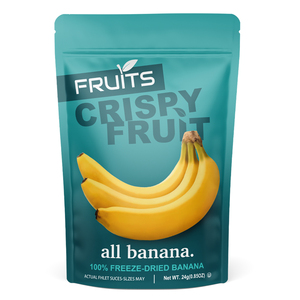




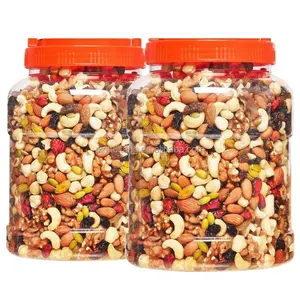






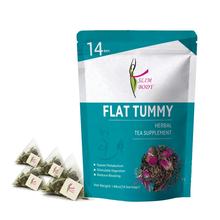


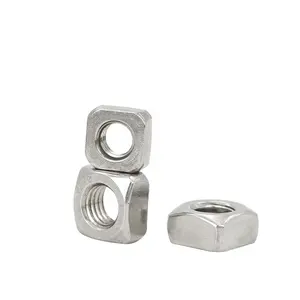







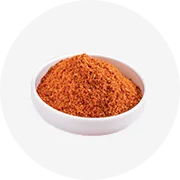

















 浙公网安备 33010002000092号
浙公网安备 33010002000092号 浙B2-20120091-4
浙B2-20120091-4